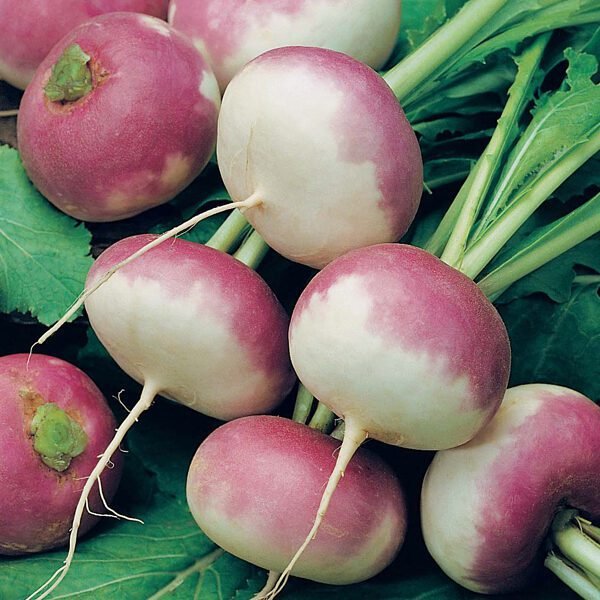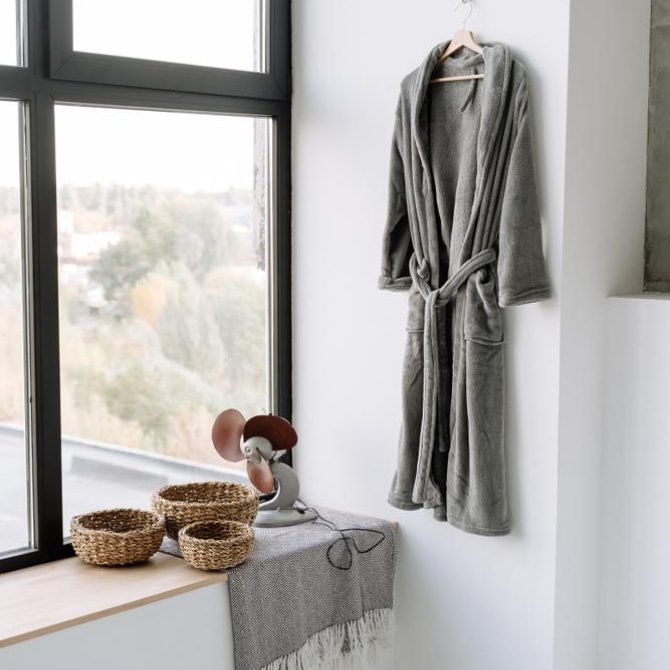Free Shipping till 30th Dec.

Turnip Purple Top - Desi Vegetable Seeds
₹99.00 ₹52.00

Radish Imported White Globe - Vegetable Seeds
₹229.00 ₹57.00
Radish Imported Black Tondo Round – Vegetable Seeds
Rated 4.03 out of 5 based on 65 customer ratings
(65 customer reviews)
₹229.00 ₹57.00
Out of stock
contain 50 seed approx
30
People watching this product now!
2-day Delivery
Track orders on tips
200+ products
COD & Payments
Trusted by 50L+
E-com. Customers
7 days Easy Returns
Hassle-free process
Description
In warm climates, artichokes are an edible perennial or biennial, usually planted in the fall for a spring harvest, and grown as an annual in colder climates. Native to the Mediterranean, artichokes provide delicious, tender thistles for eating and are also a beautiful garden feature (zones 4 to 11).
Globe artichoke is an heirloom vegetable grown for its tender, edible flower buds. With their large, silvery-green leaves and thick stems topped with pinecone-like flower buds, artichoke plants add a strong architectural element to vegetable garden plantings.
Artichoke plants thrive best where mild winters and cool, foggy summers prevail. In such growing conditions, they are perennials, yielding harvests for up to 5 years. Where winters dish up only a few frosty nights, plants will sometimes overwinter when pruned and mulched (zones 8 and 9). In colder regions, you have to treat artichokes as annuals planted in spring. They are best planted in fall in the humid, subtropical, frost-free areas of zones 10 and 11.
Common name: Artichoke, globe artichoke
Color: Pink
Height: Upto 5 feet
Difficulty level: Easy
Planting & Care
Artichokes are best planted from bare-root stock or from divisions. They require regular water for an ample harvest, but if you are growing the plants just for looks and don t want the flower buds to eat, you can skimp on watering.
In cooler climates, start your plants in a cold frame five or six weeks before the last frost. After the danger of frost is past and soil temperatures exceed 60F, transplant your artichokes 2 feet apart in the garden. You can also start artichokes from seed indoors during the late winter about 10 weeks before the last frost.
Sunlight: Full sun
Soil: Plant in full sun in sandy, well-drained soil with a pH range of 6.5 to 8.0
Water: Keep the planting bed moist, and water the plants as they grow.
Fertilizer: Artichoke seedlings need lots of nutrients as they develop, so fertilize them with fish emulsion or something similar.
Artichokes feed heavily, so, for each plant, work into the soil one cup of complete organic fertilizer or a shovel of compost or aged chicken manure just before planting.
Harvesting: Harvest buds when they re still tightly closed to ensure the best flavor and most tender leaves. You also have the option of leaving the buds on the plant to open and then harvesting them for use in flower arrangements.
Care:
To keep stock young and vigorous, divide plants every two to three years and plant at the same spacing as seeds.
Keep crops weed free, mulch with well-rotted manure or similar in spring when the soil is warm and moist.
Feed with general fertiliser such as Growmore or similar in spring, to increase yields.
Water during dry weather.
In cold areas, cover plants with a mulch of straw, compost or well-rotted manure in late autumn, to protect them during cold winter weather.
Reviews (65)
4
Rated 4 out of 5
65 reviews
Rated 5 out of 5
27
Rated 4 out of 5
23
Rated 3 out of 5
5
Rated 2 out of 5
10
Rated 1 out of 5
0
Be the first to review “Radish Imported Black Tondo Round – Vegetable Seeds” Cancel reply


 Kitchen Tools
Kitchen Tools Storage Containers
Storage Containers





65 reviews for Radish Imported Black Tondo Round – Vegetable Seeds
Clear filtersThere are no reviews yet.